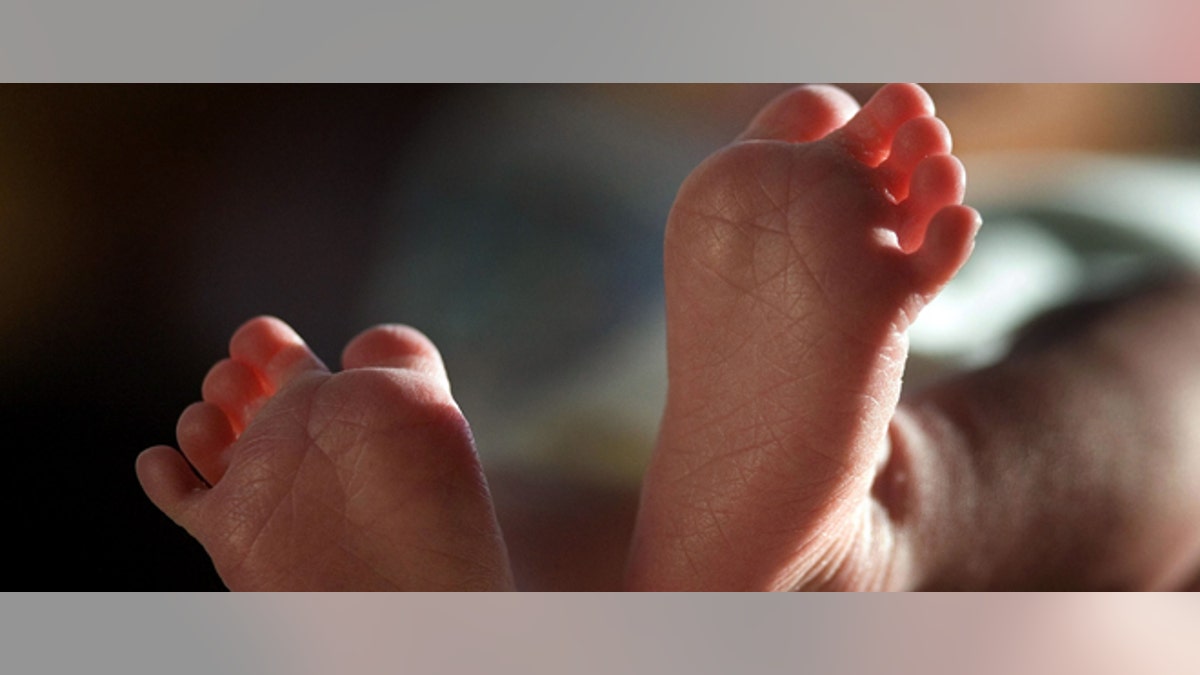
(Photo by Christopher Furlong/Getty Images) (2007 Getty Images)
The World Health Organization on Tuesday designated Cuba the first country on the planet to entirely eliminate mother-to-child transmission of syphilis and HIV, the virus that leads to AIDS.
“Eliminating transmission of a virus is one of the greatest public health achievements possible,” said WHO Director-General Margaret Chan in a statement co-released with UNAIDS, the United Nations’ AIDS agency. “This is a major victory in our long fight against HIV and sexually transmitted infections, and an important step towards having an AIDS-free generation.”
Syphilis and HIV are two of the most devastating sexually-transmitted diseases, and they often afflict women who are pregnant. The WHO estimates that nearly 1 million pregnant women around the world are infected with syphilis and around 1.4 women living with HIV get pregnant, leading to a host of potential complications for the babies.
Since 2010, Cuba has been working with the WHO and the Pan-American Health Organization, PAHO, to eliminate mother-to-child transmissions of the two diseases, including increased
access to early prenatal care, HIV and syphilis testing, treatment for those who test positive, caesarean deliveries and formula feeding.
WHO told The New York Times countries with 95 elimination targets can be certified – and Cuban was the first country to request certification. More than 20 have requested the certification since, a WHO spokesperson told the Times.
“This is a celebration for Cuba and a celebration for children and families everywhere,” said Michel Sidibé, executive director of UNAIDS. “It shows that ending the AIDS epidemic is possible, and we expect Cuba to be the first of many countries coming forward to seek validation that they have ended their epidemics among children.”
Like us on Facebook
